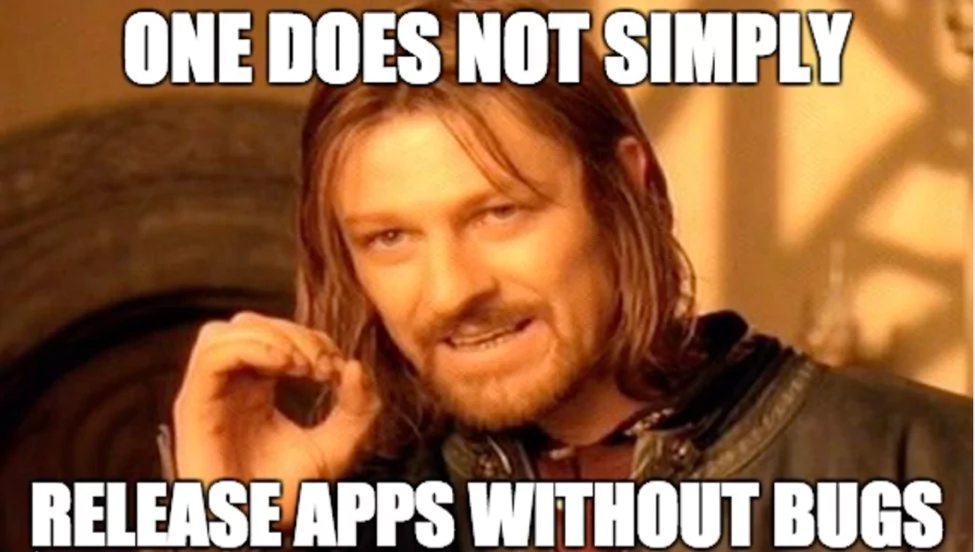Game of Logs: delivery assurance is coming

Long gone are the days were software companies released a version every six months, after rigorous planning, testing and stress runs (AKA the waterfall model). Today, agile companies release versions on a daily basis, to numerous servers, deployed on the cloud. Their software is composed out of many open source technologies and often supports a large customer base which keeps growing and challenging the production.

The main challenge of today’s agile software companies is to maintain a high level of quality to their application, despite the fact that they continuously add new code to their production which most often than not will not be tested on a live stream of data.
One of the best ways to understand what your production is doing is the application logs that your software emits, due to that reason, many companies arose to the challenge and offered a log monitoring service which allow companies to sift through their log entries and investigate problems.
The real problem begins when you have dozens of servers emitting millions of records, from different data sources. Sure, you’ll be able to view, search and query the data, but what should you search for? How can you be alerted on problems you never thought about? How can you view millions of logs in the limited time you have? Your code and logs are changing constantly, your production deals with an ever changing work load and the app logic is getting ever more complexed.
We already concluded that an old fashion QA will not help with the above case; too many tests to define, too many code changes, too many live servers, too many logs to sift through and so little time. To deal with this problem, one needs to approach the issue in a whole different mindset, we at Coralogix defined this mindset as Delivery Assurance – DA.
Delivery Assurance
‘Delivery assurance’ is a concept which incorporates the entire application delivery lifecycle, including the Build cycles, continuous integration, version release and production monitoring. The concept mandates that all the building blocks of the application’s lifecycle send event data to a centralized hub, once the data is collected, the hub is required to learn the normal behavior of the application delivery lifecycle, and alert when something goes out of bounds.
The described Hub is exactly what we at Coralogix are striving to build: A service which taps into various data sources, whether it’s log data, pipeline events, configuration management events, or APM insights, and automatically understands the application’s baseline.
That way, Coralogix can provide automatic insights in the context of versions or other external events without the need to define any rules or static thresholds.
Moreover, Coralogix helps companies understand their version’s health immediately after they were released and compare any two versions or points of time in order to find discrepancies between them.
To summarize; Today’s agile software world is filled with new and exciting technologies, but it comes with a price, this price is an ever growing complexity of systems and amount of data, one needs to change his mind set in order to truly deliver quality products to their customers, we believe that ‘Delivery Assurance’ is that change in mindset.
For a 30 day trial, no credit card needed.




